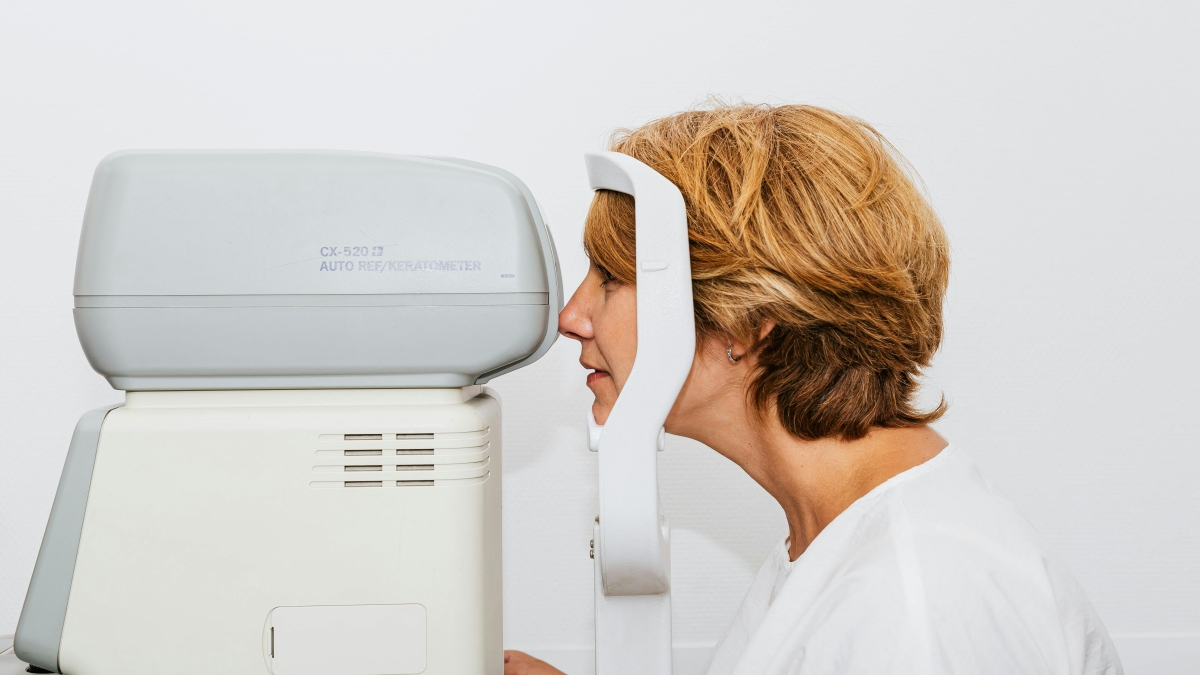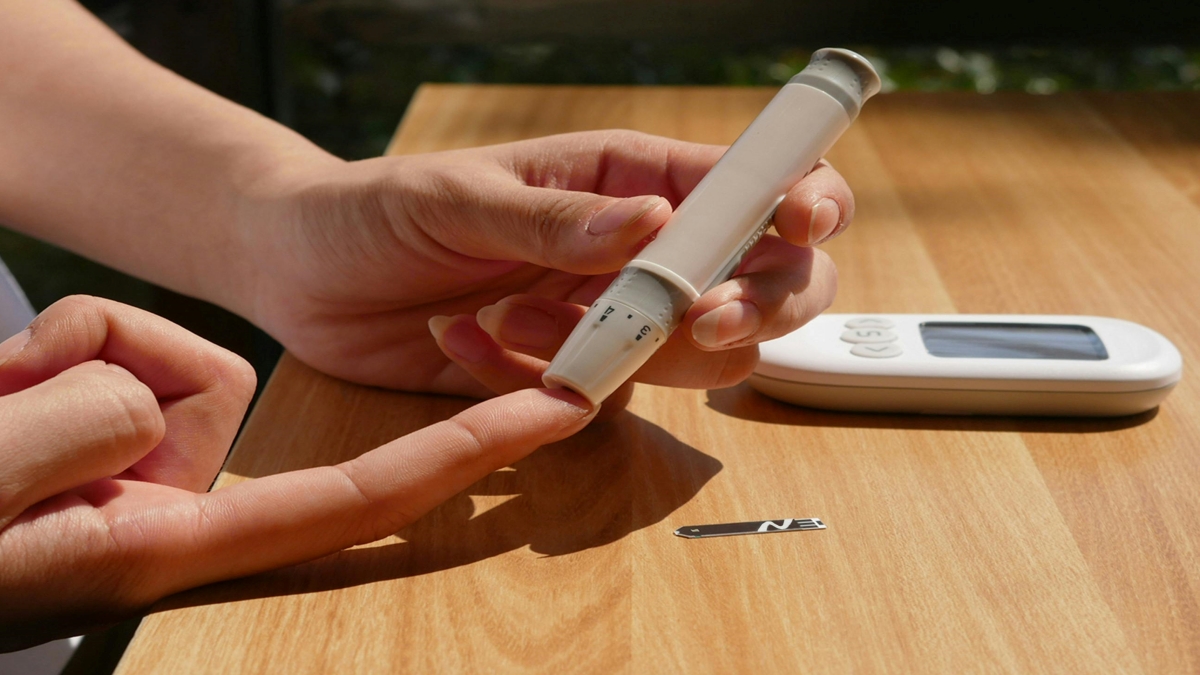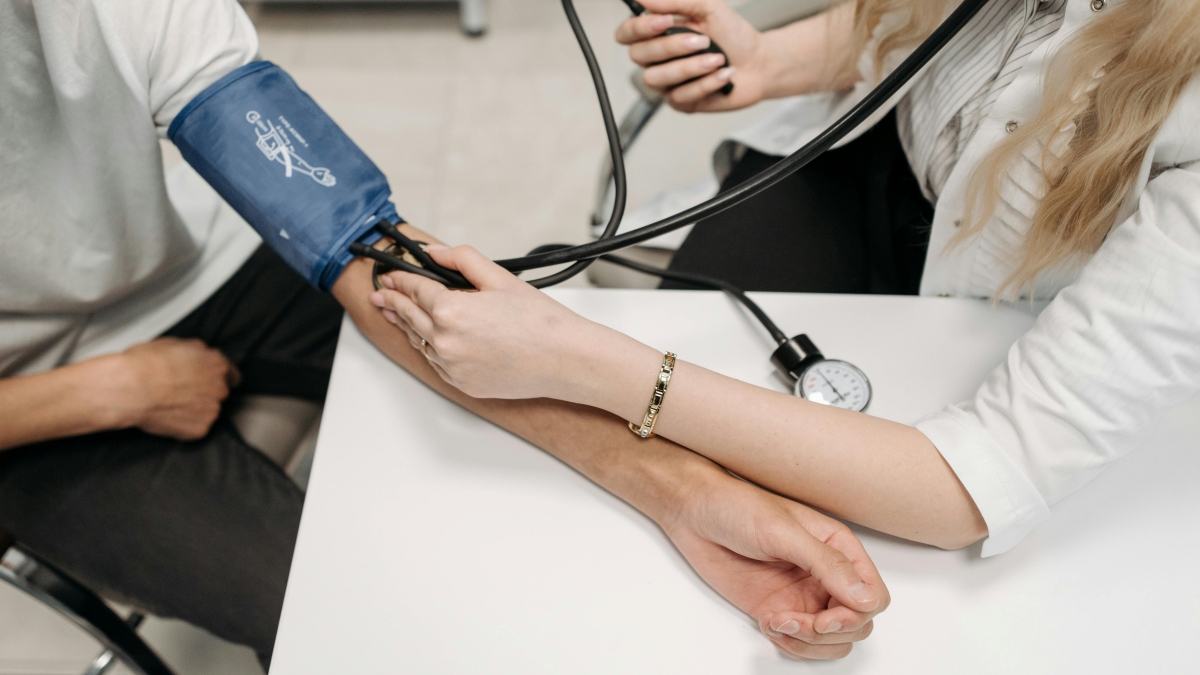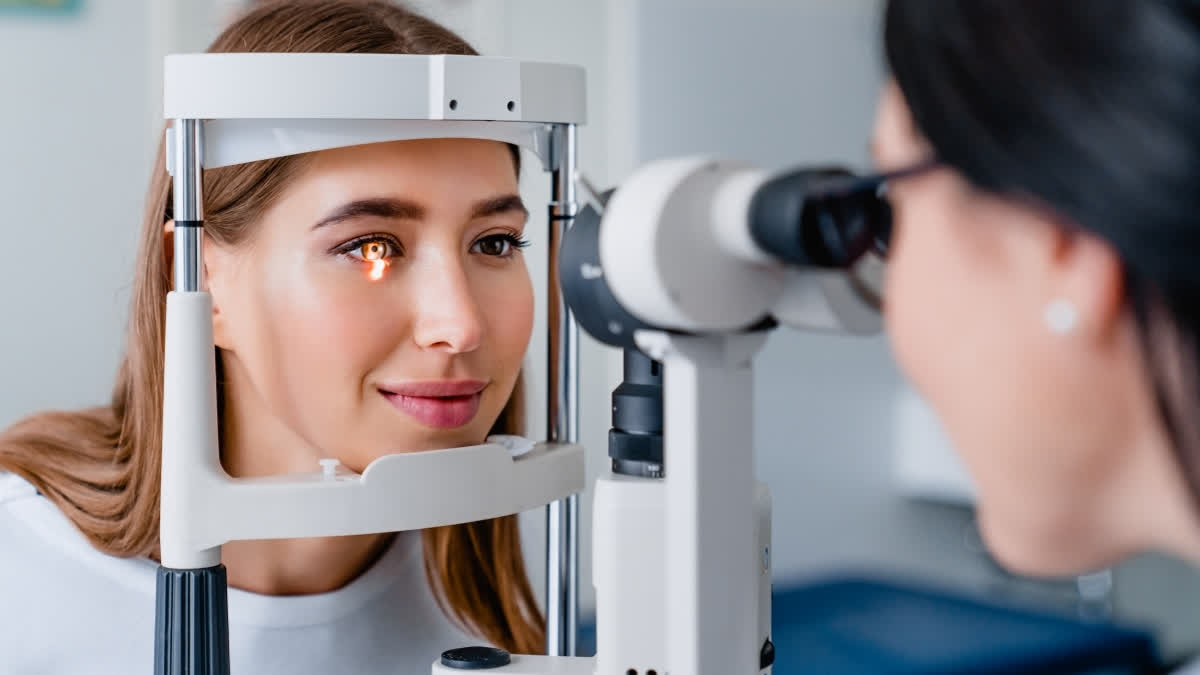Diabetic retinopathy is a leading cause for blindness in the world and India is no exception. A non-curable disease, diabetes interferes with the life of millions of patients. This disease is not limited to the increased level of blood sugar. It is an offshoot of diabetes and affects the blood vessels in the eyes’ retina, the light-sensitive tissue, which is known as Diabetic retinopathy.
It can also develop into a severe condition that threatens vision or cause blindness if left addressed. But if controlled and prevented properly, the chances of developing diabetic retinopathy are greatly minimized. Slated to be the Diabetic capital of the world, India is likely to see an increasing burden of Diabetes related eye disease in the coming decade. Diabetes can cause diabetic retinopathy, cataracts, glaucoma and severe eye infections. If left untreated, these may lead to temporary or permanent and partial or total vision loss.
What is Diabetic Retinopathy?
Diabetic retinopathy results from damage of the blood vessels in the retina due to high blood sugar level, which may cause leakage or bleeding. This interferes with proper functioning of the retina and causes vision loss as a consequence of the condition.
What can you do to prevent vision loss from diabetic retinopathy? We spoke to Gurugram based ophthalmologist and director of Noble Eye Care, Dr Digvijay Singh to shares a few tips to protect eyes from the perils of Diabetes.
Annual eye check-up
It is very important to have a thorough eye check-up once a year, particularly if you are over the age of 40. This is even more important if you have Diabetes or family history of eye disorders. In most cases, Diabetic retinopathy is silent in the beginning and can only be diagnosed and treated through a routine preventive eye exam by an ophthalmologist.

Blood sugar control:
Control of diabetes is very important as there is a strong association between worsening blood sugars and worsening eye disease. Fluctuation of blood sugar levels should be avoided as it is considered to be more damaging than a borderline high or low sugar. Minimum three month assessment of blood sugars and fluctuation may be done through special blood tests.

Diet and exercise:
Proper diet and physical exercises go a long way in maintaining general and eye health. When working out, our body produces antioxidants which prevent worsening of diabetes related changes. High fiber diet with low glycemic index products are strongly recommended.

Control of other risk factors:
Control of blood pressure and high cholesterol levels is imperative. Research has shown that more the blood pressure or hypertension, severe the risk factors will be to increase the chances of diabetes leading to retinopathy. Control of all risk factors is thus important to prevent severe eye disease.

Early treatment:
Early diagnosis and treatment has an essential role to play in prevention of severe diabetic retinopathy. Early changes detected in an early stage and managed on time can prevent worsening of diabetes related eye disease or even reverse diabetic retinopathy in many cases. Do not procrastinate on treatment advised to you by the doctor.

Diabetic retinopathy is one of the preventable complications of the disease that can lead to blindness. It is also suggested that people with diabetes can prevent the development of this condition by managing their blood sugar and cholesterol levels, blood pressure, and following the schedule of eye checks. Therefore, early detection and preventive measures should be taken to minimize the chances of vision loss and blindness. “Closely monitor your eyes as you would other parts of your body and focus on proper diabetes care to ensure healthy eyes in the future. These simple yet effective tips will help you immensely in your fight against Diabetes and Diabetes related eye diseases,” says Dr Singh.



